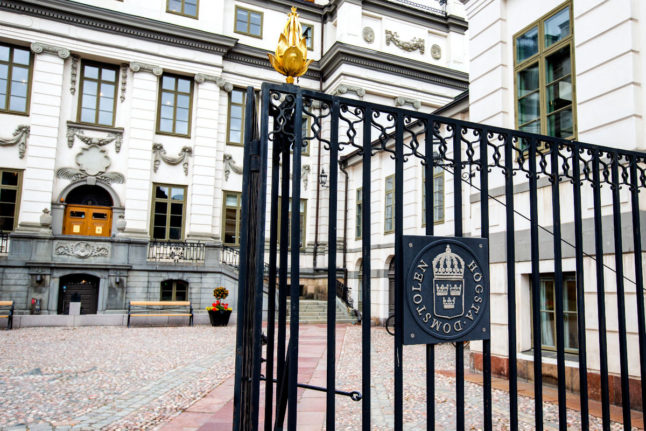The ruling comes just days after Turkish President Recep Tayyip Erdogan announced he was ready to allow Sweden to join the military alliance.
However on Wednesday, Erdogan said the country would not be able to ratify Sweden’s Nato candidacy until at least October, when the Turkish parliament is due to re-open after its summer break.
In Sweden, the government makes the final decision on extradition requests but cannot grant a request to another state if the Supreme Court rules against it.
The two cases concerned individuals wanted for being members of the Gülen movement, which Erdogan blamed for masterminding a bloody coup bid by a renegade army faction in July 2016.
According to the court, the evidence provided by Turkey was that they had both downloaded an app for encrypted communication used by members of group – which Turkey has designated a terrorist group.
“In one case extradition is requested for the enforcement of a prison sentence and in the other for prosecution. In its opinion to the government, the Supreme Court has explained that there are obstacles to extradition in both cases,” the court said in a statement.
The court said the extraditions could not go forward because downloading the app would not by itself be enough to convict someone of participating in a terrorist organisation under Swedish law.
It also added that the individuals had been granted refugee status in Sweden and would risk persecution if they were returned to Turkey.
Turkey and Hungary are the only Nato member states yet to ratify the Sweden’s bid – which requires unanimous ratification.
Erdogan had until earlier this week blocked Sweden, accusing Stockholm of being a haven for “terrorists”.
Cracking down on extremist groups and approving the extradition of dozens of suspects it believed were linked to the failed 2016 coup attempt had been key demands from Turkey.



 Please whitelist us to continue reading.
Please whitelist us to continue reading.
Member comments